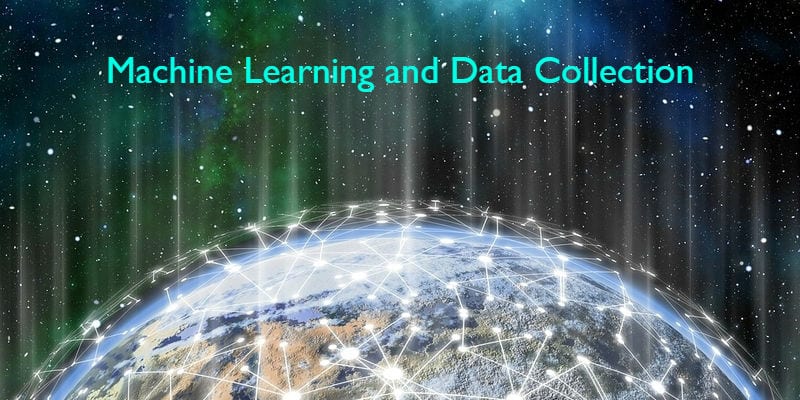Machine Learning Growth and its Importance in Network Monitoring


Machine learning has changed the way many people think about computing and future technology. There are always new tools coming out with integrated machine learning. The intent with these tools revolves around simplifying processes and collecting an abundance of data, sometimes data you wouldn’t even think of, like certain metadata. Benedict Evans recently wrote a piece, “Ways to Think About Machine Learning,” to go over the benefits and how to eliminate negative stigmas about machine learning.
Understanding Data
Enterprise computing is increasingly reliant on analytics and utilization of data. Data is often difficult to peruse manually. This is exacerbated by the increase in implicit and inferred data, as well as metadata. Machine learning finds patterns in these datasets, giving IT teams more insight into their systems and workloads.
Evans points out that many people see data collection as a negative process made worse by intricate machine learning tools. He says that an unhelpful way of thinking about machine learning is to say, “data is the new oil” or “Google and China have all the data.” This kind of stigma against machine learning makes it sound like a dystopia where people’s only value is the data they create.
Instead of thinking about machine learning in a defensive way, Evans encourages people to think of it as an avenue to technological improvement. He specifically points out relational databases as a more positive way to think about machine learning.
Parallels to Relational Databases
Relational databases were a computing advancement in the 1970s that made it easier to understand data. Original databases weren’t effectively able to show specific details; Evans uses the example of a database showing you “all customers who bought this product and live in this city.” This level of insight would require a customer engineering project, which was clearly not ideal.
Early computing teams needed a way to effectively measure data to acquire valuable business intelligence. Data has always driven enterprise computing, but its efficiency has been inconsistent. Relational databases changed the way enterprises thought about data because it built a more consistent and easier to use database. Oracle and SAP were only possible with relational databases.
Evans believes people should see machine learning in a similar way. Enterprises and technology companies benefitted greatly from relational databases, but machine learning further enhances the way we see and use data.
Machine learning gives enterprises more detailed results when researching their data. People will be able to ask questions to their data as well. Evans uses the example of a lawyer being able to search for ‘angry’ or ‘anxious’ emails, which is far more effective than searching through specific keywords. Machine learning will also allow new data types, such as video, images, or audio.
Enhancing Automation
Almost all enterprise technology solutions rely on data in some way or another. Network monitoring tools use machine learning to enhance automation and make networks more secure. Machine learning provides the ability to recognize abnormal user behavior to prevent attacks and lock threats out. Earlier this year, Tesla’s cloud platform was being used by cryptojackers for several months without anyone noticing. A machine learning security tool would have allowed the company to recognize they were using more processing power than normal.
It’s easy to recognize the benefits machine learning could have in the cloud. The cloud is used for almost anything in today’s enterprise computing space. One area that will see an obvious benefit is cloud application workloads. Developers won’t be as worried about using unsecure code in the application, as the machine learning tool will recognize and eliminate this. From there, application performance monitoring will be more efficient, as automated data collection and reporting will alert developers of any problems they may not have noticed.
Some have gone as far as saying automation could be making business decisions soon. Human error is often the cause of any business, IT team, or even a nation’s downfall. For example, Blockbuster attempted to purchase Circuit City but denied a paltry $50million offer to buy Netflix. Automated tools could be used to predict future outcomes, which would be invaluable for any industry.





















